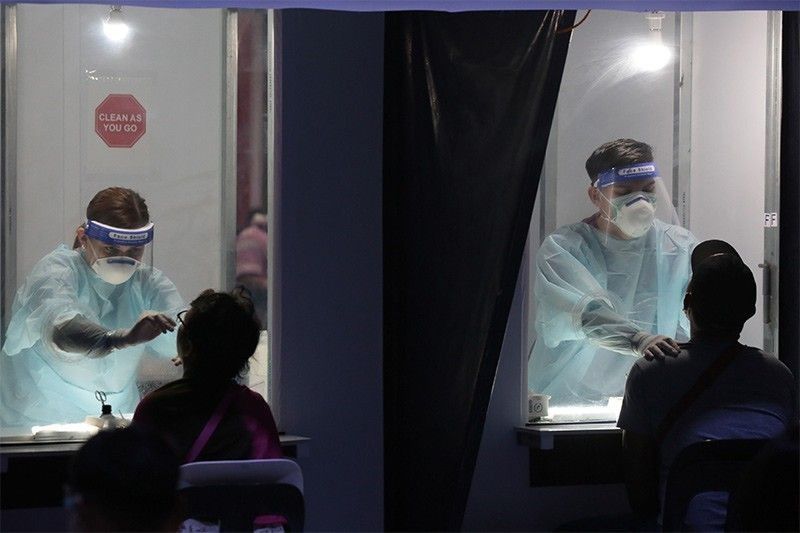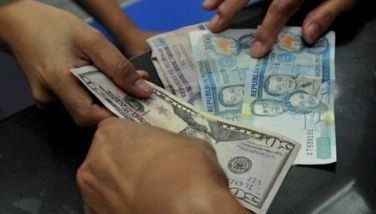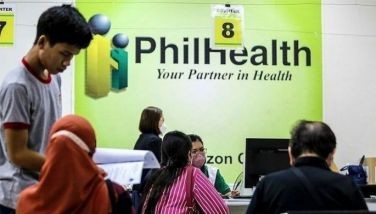Philippine Red Cross swab tests reach 1 million; more labs eyed

MANILA, Philippines — The Philippine Red Cross, with its 10 laboratories across the country, reached the one-million mark for COVID-19 swab tests last night, PRC chairman Sen. Richard Gordon announced.
He noted that the PRC managed to hit the one-million mark barely six months after opening its first bio-molecular laboratory last April 14.
“We are actually the last one to open. The government started in late January. We are going to do some more because we will open more laboratories… Our biggest challenge is to get people tested,” Gordon told The STAR yesterday.
He underscored the importance of reverse transcription polymerase chain reaction (RT-PCR) swab test, the gold standard for COVID-testing, to effectively combat the pandemic.
Gordon also announced that the PRC is working to bring down the cost of swab tests from the current P4,000 to only P2,000. To do this, he said the Red Cross is experimenting with the use of “less re-agents with the same effects.”
According to PRC bio-molecular laboratory head Paulyn Ubial, the agency accounts for 26 percent of all swab tests done in the country. The PRC laboratories are able to process 38,000 swab tests every day.
The PRC was able to complete the mark due to the samples processed primarily in its laboratory at the Port Area in Manila, which accounts for 14,000 tests daily.
“Had Red Cross not opened laboratories, not many would have been tested in the country… Aside from these existing laboratories, we are also opening more,” Ubial, a former health secretary, added.
The laboratories are in Mandaluyong City, Manila, Clark in Pampanga, Subic Bay Metropolitan Authority in Zambales, Batangas City, Mandaue City in Cebu, Bacolod City and Zamboanga City. PRC plans to open more laboratories in Isabela, Surigao del Norte, Pasi in Antique, Quezon province, Lucena City and Laguna.
“If you do not know who is positive, it’s like you are blind. You would not know who to isolate and who to treat. Testing helps prevent the infection from spreading,” Ubial said.
Meanwhile, Health Secretary Francisco Duque III said yesterday that the Philippines is doing “OK” despite its inclusion in the list of top 20 countries with the highest COVID-19 cases.
“We’re heading towards the right direction… The investment that we have made, we’re ramping up the health system capacity, the minimum public health standards, our quarantine (capacity),” he noted in an interview with CNN Philippines.
Duque said that the country’s mortality rate is lower compared to richer countries with “sophisticated” health systems like Spain, United Kingdom and Italy and is in a better position when it comes to recovery rate, which is now pegged at 85 percent.
“We are doing fairly OK in terms of recovery rate… Our goal is to bring it up to about 90 to 95 percent. Hopefully we can do a 98 percent,” he added.
Citing a pronouncement of the University of the Philippines’ Octa Research Group, he claimed that there has been flattening of the curve although it is “not yet to a level that is significant.”
“We would like a downward trajectory. Our goal is to have a downward trajectory, more than flattening the curve… Let’s not deceive ourselves. We’re not going for zero COVID-19 cases… The virus is going to stay with us,” Duque maintained.
He also noted the improvement in contact tracing which is now at five to 10 contacts per infected individual.
Interior Undersecretary Jonathan Malaya announced yesterday that the agency hired 10,136 contact tracers across the country. These workers, he added, are the first batch of the 50,000 contact tracers that the government plans to recruit.
- Latest
- Trending






























